An Update on the Classic Crime Novel
Tags: crime-fiction, noir,
My new novel, Impala, is a thriller in the vein of the classic crime novels of the thirties, forties, and fifties. The best of those novels follow a pattern that goes like this: An intelligent but flawed character gets in trouble after he gives into to some desire or compulsion, like lust, greed, or revenge. He finds himself surrounded by people and powers that will not let him go. His attempts to extricate himself from his troubles only lead to deeper trouble. He’s usually involved with a woman who is either in love with him or betraying him, but either way, their fates become inextricably intertwined. Finally, these stories always convey a mounting sense of inevitability, as if the fates of these specific characters in these specific circumstances could have only one inevitable conclusion.
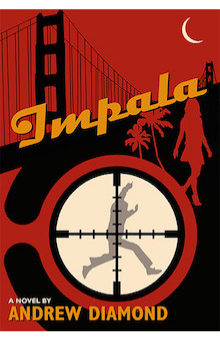
The best of these novels—such as Jim Thompson’s Pop. 1280, Kenneth Fearing’s The Big Clock, James M. Cain’s The Postman Always Rings Twice, and Elliott Chaze’s Black Wings Has My Angel—also share a fundamental aesthetic of leanness. There are no superfluous chapters, scenes, or words. If you haven’t read them, you’ll be surprised at how much story these authors can pack into 200 pages or less. Leanness and tautness are essential to a good thriller. You don’t ride a roller coaster in a cushy reclining chair. You might also be surprised, when you return to reading contemporary mass-market mysteries and thrillers, how larded they are with description, back story, and events that don’t add much to the story.
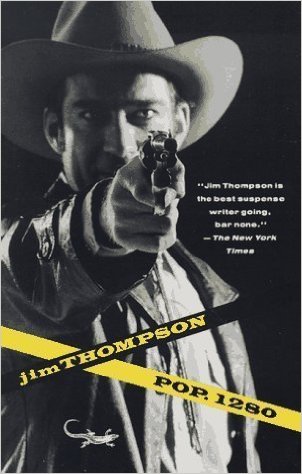
Many of today’s 450-page bestsellers would have more impact if they were pared down to 250 pages. That kind of editing is hard work, and I think it requires a mindset that many novelists and editors don’t have, but many playwrights, screenwriters, and poets are forced to have. It you wrote a 450-page screenplay, the resulting movie would run for 20 hours. Playwrights, screenwriters, and poets put a lot of effort into reducing characters and scenes to their essence, because they have to. And it’s interesting to note that Kenneth Fearing was a poet, while Thompson and Cain wrote screenplays. Chaze was a news reporter who had to file stories daily, so he was used to getting to the point.
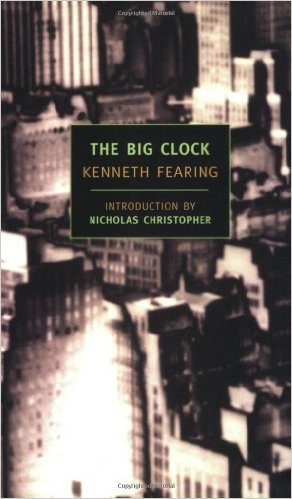
With the exception of The Big Clock, each of these four books was considered pulp when it was published, and received little attention and no respect from the literary establishment. Today, they’re all considered classics, with The Big Clock and Black Wings now available under the New York Review of Books imprint, which has also rescued a number of other brilliant but overlooked works.
When I was in college and graduate school, I was very much into literary fiction, which I’ll define loosely as fiction one appreciates for the quality of its prose, the depth of its insight, and the development of rich and nuanced characters and themes. Commercial fiction and genre fiction tend to focus more on plot, and when you read it, you’re much more interested in whether the main character is going to get shot than in how subtle idiosyncrasies of that character’s psychology may be a comment on the social, political, and economic conditions of his upbringing.
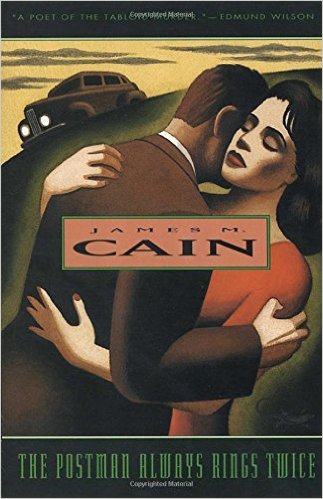
It’s interesting to look back on the classics I read as a student, and to see that many of them were considered pulp fiction (or worse) when they were published. All of Charles Dickens' novels were published as serials in bi-weekly penny papers, and initially had the taint of being written for the uneducated masses, whose coarse tastes weren’t capable of appreciating refined writing. Many of the classic crime writers, employed by the dime-store pulp publishers, had the same taint.
But these writers all tell compelling stories in clear, engaging prose that almost any ready can identify with. That, to me, is one of the hallmarks of good writing. Clear prose looks simple on the surface, but it actually takes a lot of work to produce. You can’t get to clarity until you’ve sorted through a lot detail. You probably know this from your own life. Think of times when you’ve tried to explain some emotionally important event to a friend. The first time you tell the story, it’s a flood of jumbled words that may go on for 20 minutes without really conveying the essence and impact of what happened. After weeks and months, and sometimes years, you can tell that story fairly clearly, in fewer words, with greater impact. But your mind needed that time to clarify what it wanted to say.
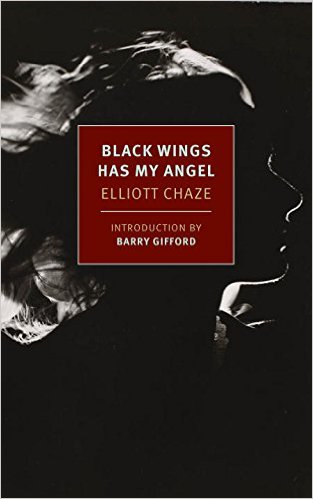
Computer programming and writing are similar in this regard. There’s a parable of two programmers who are asked to write the same program. One programmer starts writing code right away, while the other spends many weeks meditating on the problem that the program needs to solve. The busy programmer churns out an enormous volume of confusing, complicated code that eventually solves the problem. The thoughtful programmer doesn’t write a single line of code until he has boiled the problem down to its essence. He then writes a very short, concise program of crystalline clarity that solves the problem.
The busy programmer’s boss looks at the enormous amount of code his employee has written and, overwhelmed by the complexity of it, says “Wow! You did a great job on what was obviously a really hard problem.” The thoughtful programmer’s boss looks at his employee’s work and says, “There’s not much code here, and from the simplicity of it, it looks like the original problem wasn’t that hard. Why did it take you so long?”
When I look at a lot of today’s literary fiction, I sometimes think the whole literary establishment suffers from the same problem as the busy programmer’s manager, mistaking complexity for genius. I find much of today’s “literary” work to be unreadable because it’s wordy, slow-moving, lacking in substance, and worst of all, larded with unnecessary description and metaphor.
You’ve probably had a teacher or professor somewhere along the way whose lectures left you swimming in confusion, and you thought, “Wow! They are so brilliant, my mind can barely grasp a tenth of what they’re saying.”
Actually, I think that person was just a poor communicator, and perhaps unable to clarify ideas even to himself. You should have come away thinking, “Wow! My grasp of the subject is so much deeper and clearer than it was yesterday.”
That kind of clarity—focused words that build over time to impact the mind and the emotions—is what the old crime writers were good at. It’s one of the distinguishing characteristics of enduring popular fiction.
Impala tries to follow in that vein, though of course, crime today is different from what it was in the mid-twentieth century. Much of it has moved online, and the characteristics of the successful criminal have changed, with intelligence, cleverness, and stealth replacing force, intimidation, and ruthlessness. (Though those latter three have their place, when push comes to shove, as it often does in the world of crime. Impala’s protagonist learns this the hard way.)
If you’re interested in learning more about the illicit markets of the dark web, which is where all the trouble starts in Impala, The Economist’s article on cryptomarkets provides an excellent and fascinating introduction.
So far, the reviews for Impala have been very good. They’ll be available online closer to the release date in September, and I’m looking forward to seeing how the general public responds to the book.